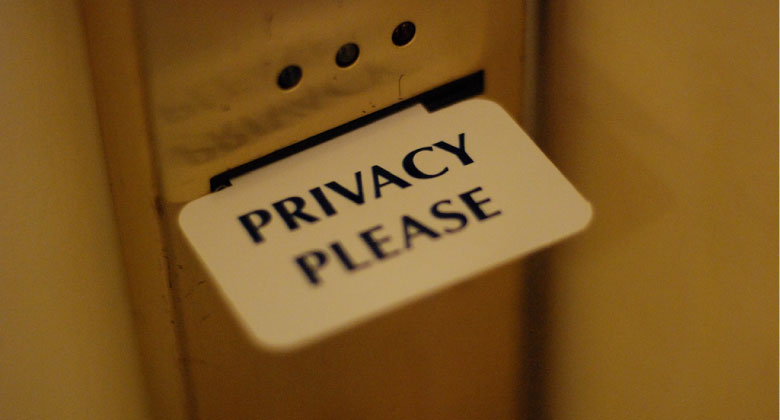When your children are using devices that can connect to the internet, you should be using Parental Restrictions to protect them. Apple makes it very easy to set Parental Controls on your iPhone, iPad, or iPod Touch. These restrictions allow you to control a number of things including purchasing, internet browsing, downloading apps, and viewing explicit…
Continue ReadingThere is a common misconception that you have to be a tech expert to understand cybersecurity. That is simply not true. There is a lot that you can be doing to protect your personal computer and your entire business with little to no knowledge of cybersecurity. Everyone is a Target Cybersecurity threats affect everyone. You…
Continue ReadingBelieve it or not, your phone is susceptible to viruses, malware, and phishing scams. Protecting your laptop or desktop computer is vital to protecting your data, but you should be keeping an eye on your phone too. Your phone is in danger of catching a virus or malware from a variety of sources including: Malicious…
Continue ReadingTraveling for business is required for many jobs. Working while traveling for pleasure is often a necessary evil for many small business owners as well. To protect you and your devices while you’re working on the go, you should understand the dangers of public Wi-Fi. What is Public Wi-Fi? Public Wi-Fi is any wireless network…
Continue ReadingThere are a number of factors that impact the security of your password from the complexity and length or even how easy it is to guess by those around you. To check if your password is secure enough, ask yourself the following questions. (And answer honestly.) How long has it been since you last changed…
Continue ReadingNet Neutrality has been in the news recently, but in our business, we find that a lot of people don’t truly understand what is going on. Let us break it down for you. What is Net Neutrality? Net Neutrality is the principle that the internet should be free and unimpeded. This ensures that freedom of…
Continue ReadingFrank Payton, the Uber Goober at Techno Goober, shares his thoughts on contact forms after over 10 years developing websites for one client at a time. Websites Generate Sales Leads The core of Techno Goober lies in our ability to produce a quality website that produces leads. The most important reason to have a website…
Continue ReadingPhishing scams can be dangerous for you and your online accounts. Your email provider, like Google, works very hard to ensure that its email clients are safe from phishing scams. However, that just means that when a phishing scam does get through it is especially deceptive. What is phishing? Phishing scams are emails, texts, or…
Continue ReadingThere is nothing worse than when you find out your passwords weren’t as secure as you thought it was. One minute your account is secure, the next, your Facebook account has twenty new posts asking your friends to send you money in Zimbabwe. Obviously, most people these days know when they’re being duped, but just…
Continue Reading









